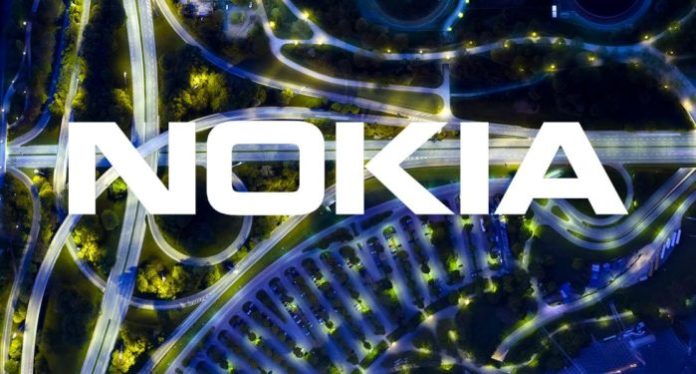Nokia has announced a deal with Danish network operator and internet provider Cibicom to deploy an LTE network in the 450MHz band to underpin mission critical services and “mass volume IoT adoption”. Separately, the Finnish vendor has said it is working with broadband provider QTnet in Japan, a subsidiary of Kyushu Electric Power, to launch a private 5G network in ‘vertical’ spectrum.
The arrangement in Denmark will see Nokia replace Cibicom’s existing radio networks, migrating them to a new framework to enable “full LTE data coverage” across the country, it said. The deal makes use of Cibicom’s 450MHz airtime license, picked up in June, and is geared to improving its offer to utility companies, specifically. Cibicom also serves customers running ‘critical’ services, including in waste, water, energy, and transportation.
Cibicom is also developing “new opportunities” for enterprise customers using its 5G holding at 3.5GHz. “Smart grids and remote managed petrol stations are just some of the areas where these systems will be needed, as well as ‘blue light’ emergency services, such as the police and ambulance services,” said Nokia. Cibicom offers LTE to 98 percent of the country, already; the new deal will maintain the same coverage level, and also bring connectivity to private households in Greenland.
Mette Slesvig, chief operating officer at Cibicom, said: “With IoT and managed services becoming increasingly important to our critical business customers, we need a partner that can not only provide network and service quality support tor LTE-M communications, but can adapt with us to provide more capacity and be ready for whatever customers need us to provide.”
Lise Karstensen, head of Nokia in the Nordic region, said: “Radio networks supplying waste, water, energy and transportation services must not only be foundationally sound and built to last, but also prioritize security, quality and reliability. These sectors are also witnessing a growing need for IoT-powered remote monitoring and management solutions, increasing the focus on network and service quality, as well as uptime.”
Meanwhile, Nokia’s contract with QTnet in Japan makes use of the first “commercial spectrum license acquisition” in the region, the vendor claimed. The new private 5G deployment will be based on Nokia’s Digital Automation Cloud platform, and will run across the Kyushu region. Nokia and QTnet are to work with the Kyushu Institute of Technology to provide new local 5G-enabled services on the Institute’s university campus.
It will be the first industry-academia collaboration in Japan to create a local 5G environment in a university campus, they said. New 5G-enabled campus services will include self-operating stores, walking support for the visually impaired, cafeteria crowd monitoring, and various trials with partners and research labs.
Sadao Mouri, director and senior managing executive at QTnet, said: “Local 5G has the potential to enable new applications and business models while dramatically improving users’ quality of life. By deploying robust local 5G private wireless networks in Kyushu, we will enable anchor institutions like education, healthcare and first responders to reach new levels of efficiency and productivity.”
Donny Janssens, head of Nokia’s enterprise division in Japan, said: “We are excited to work with QTnet on this 5G initiative, which is the first of its kind in Kyushu. With a high performance 5G network, Kyushu institutions can take advantage of innovative new services and applications which will transform the way they operate.”

